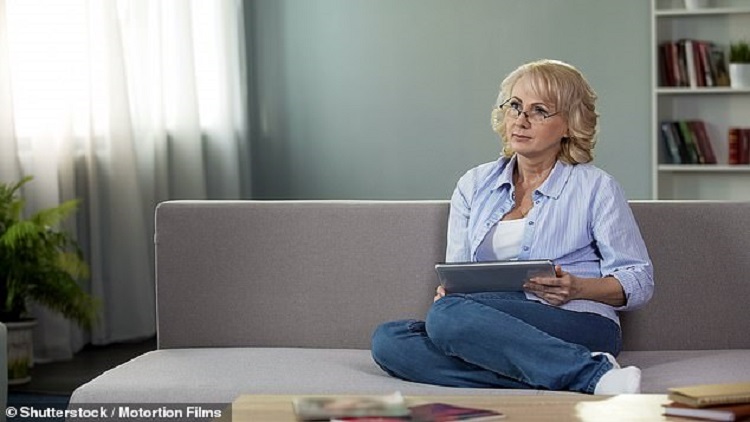We’ve all been told that sitting for long periods is bad but it looks like we’ve all underestimated just how bad.
In a study that was recently published, long periods of sitting were found to have contributed to 70,000 deaths in the UK in 2016. What makes it more chilling is that those figures are conservative, according to researchers from Queen’s University Belfast and Ulster University in the Journal of Epidemiology & Community Health.
They concluded that something needs to be done about the increasingly sedentary behavior of people to improve the overall health of the population while at the same time reducing the financial burden on public health services.
Research has found that a lot of people spend at least nine hours a day sitting and not just at work. In fact, more than a third of people actually spend a longer amount of time sitting during the weekend than when at the office since leisure time is typically dominated by sitting in front of the TV or online in front of the computer.
The negative effects of sitting are so bad that some are even calling it the new smoking. “I don’t think that’s overblowing it,” says Dr. Carolyn Grieg, a reader in musculoskeletal aging and health at the University of Birmingham.
“There are few things that have an impact on so many different elements of our well-being.”
Dr. Mike Brannan, national lead for physical activity at Public Health England, also says: “Even if you are physically active, sitting for long periods of time damages your health and greatly increases your risks of a broad range of health conditions.”
But what makes sitting so bad?
Researchers are now investigating how long periods of inactivity affect how our hormones such as insulin behave. Insulin mops up excess sugar in cells in order to keep our blood sugar levels normal.
But research in animals has shown that prolonged sitting reduces the activity of a few of the enzymes involved in this clear up so that more fats and sugar are left circulating in the blood, explains Dr. Stacy Clemes, a reader in active living and public health at Loughborough University.
“So if you sit for long periods, research shows that your body’s response to insulin, after eating, becomes less effective. This can raise the risk of type 2 diabetes.”
Several studies have also started looking at how prolonged sitting affects inflammatory markers. The body releases chemicals that induce inflammation as a response to injury because it’s part of the healing process.
While this is fine for a cut on the finger, for example, chronic inflammation is harmful. Low-level chronic inflammation has been linked to several diseases such as type 2 diabetes, heart disease, and possibly depression.
Even regularly going to the gym and following the recommended levels of exercise may not protect you if you still sit for prolonged periods of time.
In 2017, a US study involving 8,000 adults was published in the Annals of Internal Medicine. The study found that prolonged periods of sitting increased the risk of premature death regardless of other factors such as the amount of exercise they did.
And last year, the journal JNCI Cancer Spectrum published a study which discovered that two hours spent sitting watching TV a day was linked with a 70 percent increased risk of colorectal cancer, irrespective of weight and whether or not the participants exercised.
“I used to think, ‘I’m fine, I may sit down for work but I do lots of exercise,’ then evidence starts to come out that there seems to be some kind of independent link to sitting and it has got stronger and stronger,” says Dr. Clemes.
While standing desks have become more popular at work, the problem is still there when people come home.
Sebastien Chastin, a professor of health behavior dynamics at Glasgow Caledonian University, has conducted several studies analyzing sitting habits through the use of state-of-the-art motion sensors. His study found that people spent more hours sitting than they thought they did, around two-and-a-half hours more to be exact.
So, what are people supposed to do?
Professor Chastin says, “We know that, after 48 hours of bed rest, people are already losing muscle and bone health — our bodies are made to move.”
And more and more institutions seem to agree. In 2014, Public Health England acknowledged that “reducing inactivity could prevent up to 40 percent of many long-term conditions.”
Professor Chastin adds that while the science is developing, the overarching message is still clear: “It doesn’t matter where you are, how old you are or what you are, the important thing is to move.”
Recommended Video!
“Michael Buble Sings With James Corden On Carpool Karaoke Special For Stand Up To Cancer UK”




